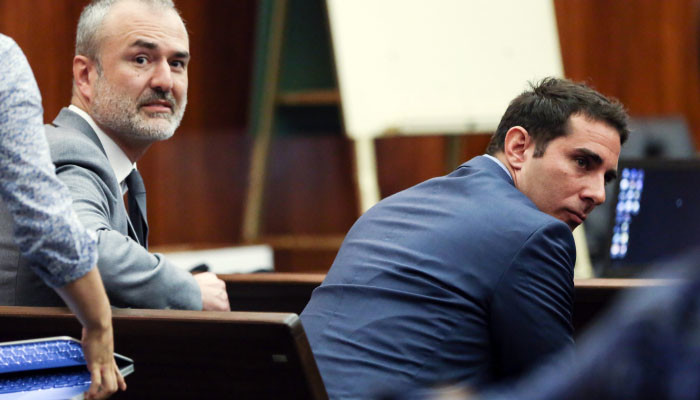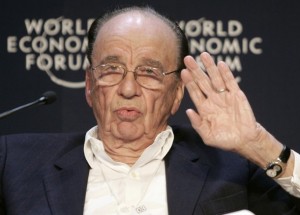What perplexed me about Gawker during the last few years of existence and throughout its holy-shit Hulk Hogan trial was that the principals on the inside of the company seemed tone-deaf at best and oblivious at worst. That allowed an emotional homunculus like Peter Thiel to use a short stack from his billions to drive the media company into bankruptcy.
In Matthew Garrahan’s Financial Times interview with Nick Denton, the former owner discusses why Thiel and others in Silicon Valley were so angered about darts thrown at them by Gawker, stressing insulation from criticism on the outside can be vital when building a corporation. Perhaps the same is true of those running an independent media empire?
An excerpt:
The appeal is likely to take at least a year to get to court, which means Denton and Thiel will not be burying the hatchet soon. And yet they have much in common. They are of similar age: Denton turned 50 last month, while Thiel will be 49 in October. They are both gay, tech-obsessed European émigrés (Thiel is from Germany; Denton from the UK) and they are both libertarians.
There the similarities end, Denton suggests. “Thiel’s idea of freedom is that you can create a society that is insulated from mainstream society … and imagine your own world in which none of the old rules apply.” He is alluding to Thiel’s interest in seasteading — the largely theoretical creation of autonomous societies beyond the reach of meddling national governments. “My idea of free society always had more of an anarcho-syndicalist bent,” he says. “If I was in Barcelona during the Spanish civil war [an anarcho-syndicalist] is probably what I would have been.”
Still, he says he understands the desire to operate beyond the restrictions of normal society, saying that such thinking is common in start-up culture. He points to Uber, the ride-sharing app, to underline the point. When its founders set out to launch a product that would up-end the personal transportation industry, they had to protect their vision from external doubters or naysayers. “You need to be insulated from the critics if you’re going to persuade people to join you, believe in you, invest in you.” Great companies are often based on a single idea, he continues. “And if someone questions that idea, it can undermine the support within the organisation for that idea.”
This, he says, explains Thiel’s animosity towards Gawker. Valleywag, a Denton-owned tech site that was eventually folded into Gawker.com, used to cover Silicon Valley with a critical eye and was a constant thorn in the side of its community of companies and investors — including Thiel.•






